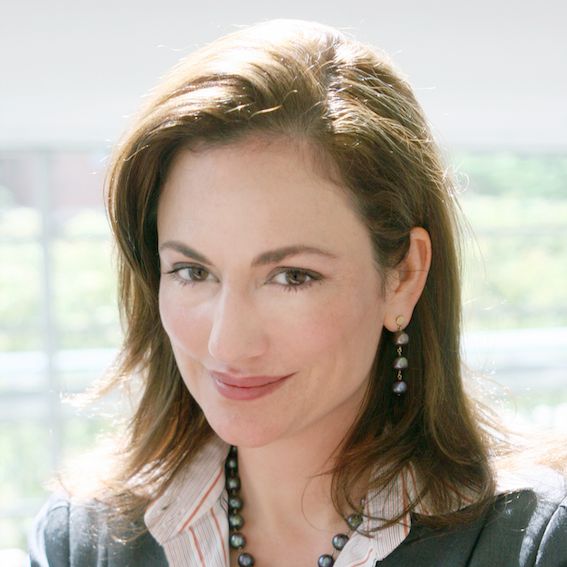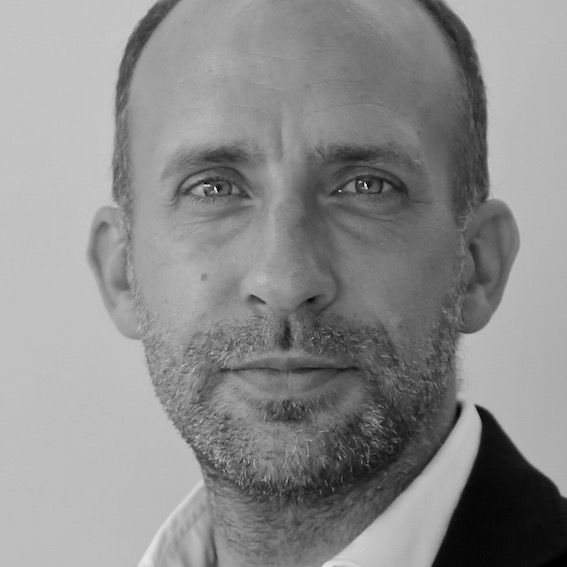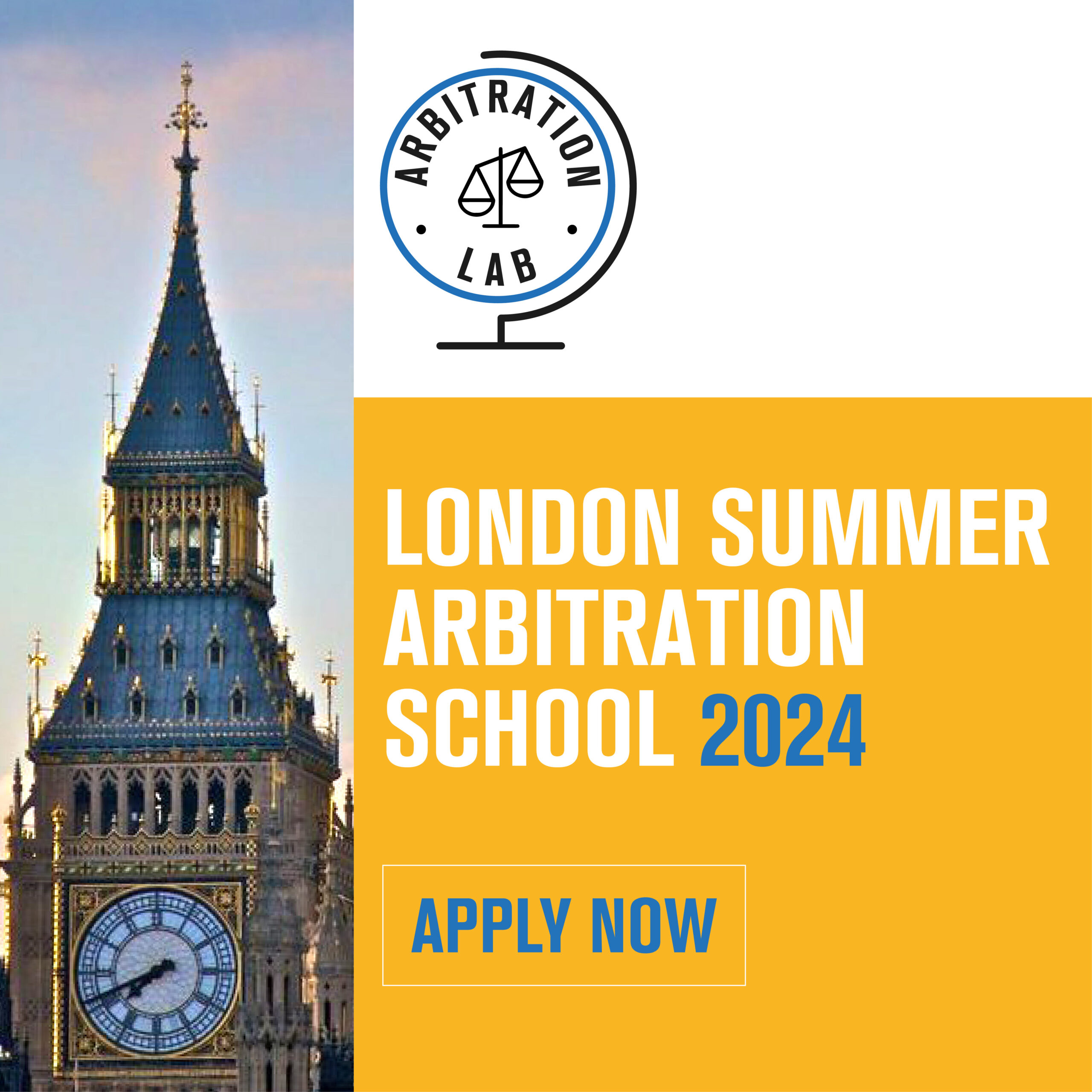Investment Arbitration: How to Get Through? – Prof Thomas Schultz
The keynote lecture of the 2024 Basel Winter Arbitration School delivered by Prof Thomas Schultz, King’s College London and University of Geneva
Investment arbitration, as a system, seems not to change much. Change the BITs, the decisions come out the same. Change the procedure, only experts seem to notice a real difference. Change who has a say in it by opening it to amicus curiae, their voices seem to fade out before they reach the award. And all the while, a diffused discontent simmers in political circles. How come? Has the system, like so many others, simply become disembedded from society, too much cut off from the rest of us?
Or perhaps the way we look at the system, the way we approach its dynamics, is formalistic and naive, leading interventions in it to misfire. Perhaps, also, we misunderstand what exactly the discontent is about, as we put all forms of investment arbitration in the same bag. Perhaps there is something about the way justice is thought of in investment arbitration that has departed from arbitration’s millennial history. And perhaps the way we argue about it all is like shouting across a wide chasm, mainly hearing the echo of our own voice.
The system of investment arbitration was built in the hope that the combination of the individual interests of its different actors would further common interests, the common good. That the functions it has for its different stakeholders would advance wider, higher aims for society. How has that worked out? Not so well, many studies suggest. But the studies may be too enthusiastic in their findings, based on a common error.
This lecture will tell these different stories of and about investment arbitration, and conclude by arguing for humility and caution as we approach this creature and try to find a way through to where we would want it to be.
Thomas is Associate Director of the Centre for International Governance and Dispute Resolution (CIGAD) and Professor of Law at The Dickson Poon School of Law, King’s College London and University of Geneva.
Arbitration and Criminal Law – Prof Matthew Happold
The keynote lecture of the 2023 London Summer Arbitration School delivered by Prof Matthew Happold, University of Luxembourg.
This lecture examines how arbitral proceedings and domestic criminal processes can interact; how parties to arbitrations have attempted to use domestic criminal proceedings to advance their interests; and how arbitrators can and should respond to such attempts.
It concludes that arbitral tribunals must take account of concurrent national criminal proceedings but cannot defer entirely to them. This is not only because they undertake different roles but also because national authorities cannot always entirely be trusted. In turn, this means that tribunals can find themselves between Scylla and Charybdis, so that arbitrators must be skilful navigators to get safely to their destination: an enforceable award.
Matthew Happold is Professor of Public International Law at the University of Luxembourg and a barrister at 3 Hare Court, London. He has a wide experience in international dispute resolution, including as counsel in cases before the Court of Justice of the European Union, the European Court of Human Rights, and the Caribbean Court of Justice. Matthew also sits as a Recorder on the North Eastern Circuit, authorised to sit on civil and criminal cases. In 2022, he was appointed to the European Commission’s list of candidates suitable for appointment as an arbitrator in bilateral disputes under EU trade agreements.
The Evolution of Authority in International Arbitration: From Relations to Rules – Dr Florian Grisel
The keynote lecture of the 2023 Basel Winter Arbitration School delivered by Dr Florian Grisel, University of Oxford.
The keynote lecture of the 2023 Basel Winter Arbitration School delivered by Dr Florian Grisel (University of Oxford) explored the ways in which international arbitration had evolved from a ‘relation-based’ to a ‘rule-based’ model of governance, based on the case studies of the International Chamber of Commerce (ICC) and the International Centre for Settlement of Investment Disputes (ICSID).
Initially, the systems of dispute resolution promoted by the ICC and ICSID displayed the features of the relation-based model. The ICC and ICSID sought to promote self-governance by pooling information concerning traders. A related goal was to encourage repeat business by creating an equitable method of dispute settlement that relied, to a large extent, on the participation of its users.
The second step came, however, when self-governance failed to sustain cooperation, leading both the ICC and ICSID to promote a rule-based model of governance where third party-arbitrators and arbitral institutions gained increasing powers over the disputing parties. As a final step, arbitral tribunals evolved towards a fully judicialised system of dispute resolution, causing them to increasingly resemble national courts.
Florian Grisel is Associate Professor of Socio-Legal Studies, and Deputy Director of the Centre for Socio-Legal Studies (CSLS) at the University of Oxford. Prior to joining Oxford, he was Deputy Director of the Centre de théorie et analyse du droit (University Paris 10 Nanterre – ENS), Research Fellow at the Centre national de la recherche scientifique (Paris), and Reader in Transnational Law at King’s College London. Florian graduated in law and social sciences from Sciences Po Paris (BA/MA), Columbia University (MPA), Yale Law School (LLM), Université Paris 1 Panthéon-Sorbonne (PhD) and the Ecole Normale Supérieure (Habilitation). He is admitted to practice law in Paris and New York. Florian was ranked as ‘Future Leader in International Arbitration’ by Who’s Who Legal and on the ‘Arbitration Powerlist’ by Legal 500.
Arbitrating Energy Disputes in Times of Crisis – Anya George
The opening lecture of the 2023 Basel Winter Arbitration School delivered by Anya George, Schellenberg Wittmer.
The energy sector is facing a range of unprecedented challenges, such as continuing supply chain disruptions in the wake of the global pandemic; an oil and gas supply crunch due to the Russia-Ukraine conflict; extreme price volatility and a rise in resource nationalism. At the same time, the industry is grappling with the energy transition and decarbonisation.
In her lecture, Anya George will examine this current confluence of factors and the ways in which they are shaping the landscape of energy arbitration. Sanctions against Russia have exacerbated pressures on the dispute resolution mechanisms and enforcement options under contracts with Russian entities. In parallel, there is increasing public and institutional criticism of investment arbitration as a mechanism for the resolution of energy disputes, exacerbated by the debate surrounding intra-EU Energy Charter Treaty arbitration following the CJEU decision in Komstroy. Arbitration will have to adapt to these and other new realities in order to remain ‘fit for purpose’ as the main forum to resolve cross-border energy disputes.
Anya George, MA (Cambridge), is a partner in Schellenberg Wittmer’s dispute resolution group. As a trilingual and dual qualified lawyer (Switzerland and England & Wales), she represents states, state-owned entities and private companies in complex multi-jurisdictional disputes across a wide range of sectors, with particular emphasis on energy infrastructure, commodities and natural resources, insurance and reinsurance contracts, and manufacturing and sales agreements. Anya has acted in over 60 arbitrations under the ICC, LCIA, CAS, UNCITRAL and Swiss Rules, as well as in ad hoc proceedings. Anya is a lecturer in International Commercial Arbitration at the University of Zurich. She is also a member of the ICC Swiss Commission of Arbitration and ADR and of the Board of the Swiss Arbitration Association (ASA).
Arbitrating the Laws of War – Professor Eyal Benvenisti
Keynote address of the 2023 London Summer Arbitration School delivered by Professor Eyal Benvenisti, University of Cambridge.
Increasingly, the most sophisticated legal tools designed in the post-Cold War era to deepen global economic integration, by removing barriers to trade and protecting foreign investments, are called upon to address warfare and its consequences. In this quest, these more recent sets of norms meet much older rules embedded in the laws of war, which regulate ‘trading with the enemy’ and the protection of private property during warfare and occupation.
Those older rules reflect an anti-globalist perspective imbued with suspicion toward foreign actors, as they regard the ‘citizen or native of a hostile country [as] an enemy’. The challenge of reconciling these two diametrically opposed legal viewpoints is immense. The lecture offers an overview of the various questions that arise when these two legal regimes clash and offer thoughts about possible responses to them.
Professor Benvenisti talks about different scenarios in the context of armed conflict and protection of foreign investors, including in relation to the Russia’s invasion of Ukraine, the applicability of bilateral investment treaties, occupation, determination of the notion of protected investment, effective control, territorial and jurisdictional issues.
Professor Eyal Benvenisti is the Whewell Professor of International law and the Director of the Lauterpacht Centre for International Law. He was Anny and Paul Yanowicz Professor of Human Rights, Tel Aviv University Faculty of Law (from 2002) and Hersch Lauterpacht Professor of Law at the Hebrew University (from 1990). He was Global Professor of Law at New York University School of Law (since 2003). He was Visiting Professor at Yale, Harvard, Toronto, Columbia, Pennsylvania, Michigan, and gave a special course at The Hague Academy of International Law (2013). Eyal’s areas of research and teaching are international law, constitutional law and administrative law. He was Project Director for the ‘GlobalTrust – Sovereigns as Trustees of Humanity’ research project, funded by an ERC Advanced Grant (2013-2018).


